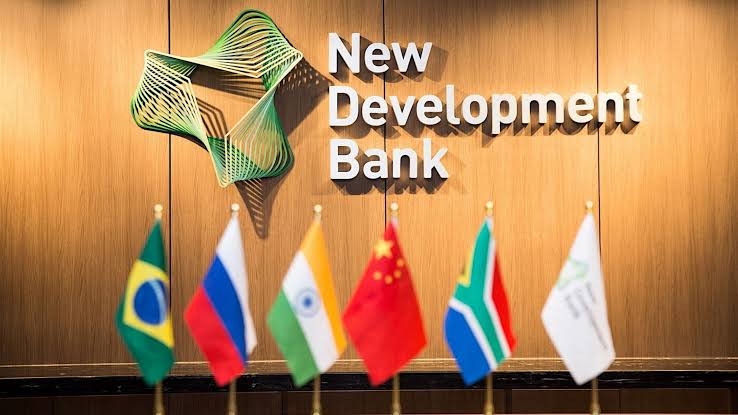
Regulating rapidly expanding virtual assets: Financial Action Task Force (FATF) calls on nations to create regulatory frameworks
According to the Financial Action Task Force (FATF), scammers, terrorist organisations, and other illicit actors continue to utilise virtual assets to fund the spread of weapons of mass destruction.
According to a recent study from FATF, “the DPRK continues to steal or extort virtual assets from victims and increasingly uses sophisticated methods to launder illicit proceeds.” “Terrorist groups, especially ISIL in Asia and groups in Syria, are using virtual assets more and more. These groups also frequently use stablecoins and experiment with cryptocurrencies that increase anonymity.”
Nevertheless, a FATF poll indicates that much of the world is still behind in enacting laws pertaining to Virtual Assets (VA) and VASPS.
“More over a quarter of those surveyed (27%; 39 out of 147) are still undecided on whether and how to regulate the VASP industry. Of the respondents who had chosen a course of action, 60% (88 of 147) chose to allow VAs and VASPs, whereas 14% (20 of 147 jurisdictions) said they had chosen to exclude VASPs either completely or in part.
According to the report, governments that forbid Virtual Asset Service Providers (VASPs) are acting counterintuitively because doing so frequently results in non-compliance with FATF regulations.
The results of the follow-up report and mutual review show that it is challenging to successfully outlaw VASPs, which is consistent with the conclusions of the 2023 Targeted Update study. The FATF criteria have been deemed mostly compliant by only two out of twenty governments that have adopted a partial or explicit five prohibition approach; the remaining fifteen jurisdictions have been deemed partially or not compliant. Task Force on Financial Action
Numerous African nations do not adhere to the FATF regulations. Kenya and Namibia have just been added to the FATF “grey-list,” largely due to the latest measures to monitor virtual asset transfers. The two became only the most recent African nations in a lengthy list that encompasses several African nations, such as:
- Burkina Faso
- Cameroon
- Democratic Republic of Congo (DRC)
- Mali
- Mozambique
- Nigeria
- Senegal
- South Africa
- South Sudan
- Tanzania
- Uganda
- Kenya
- Namibia
Better monitoring is necessary due to the increasing use of these assets, especially as stablecoins are transferred across P2P platforms with ease.
“Jurisdictions should identify entities that may be considered VASPs, assess and monitor the risks of illicit finance associated with DeFi arrangements, develop a regulatory framework to capture the responsible entity or entities, take appropriate enforcement and supervisory action, and share best practices and lingering issues with VACG members.”
Regulators are also advised to share their experiences, notably those pertaining to data gathering and risk mitigation, and to keep an eye on the ML/TF/PF hazards associated with unhosted wallets, including P2P transactions and NFTs.


